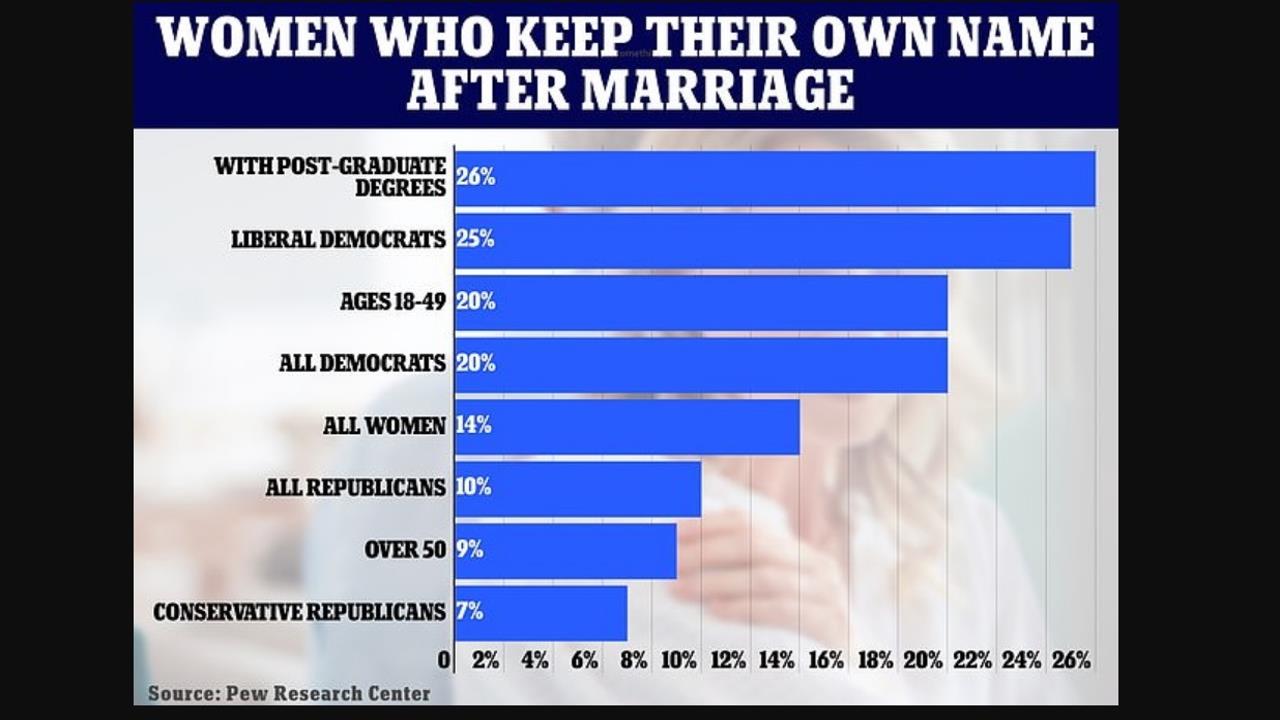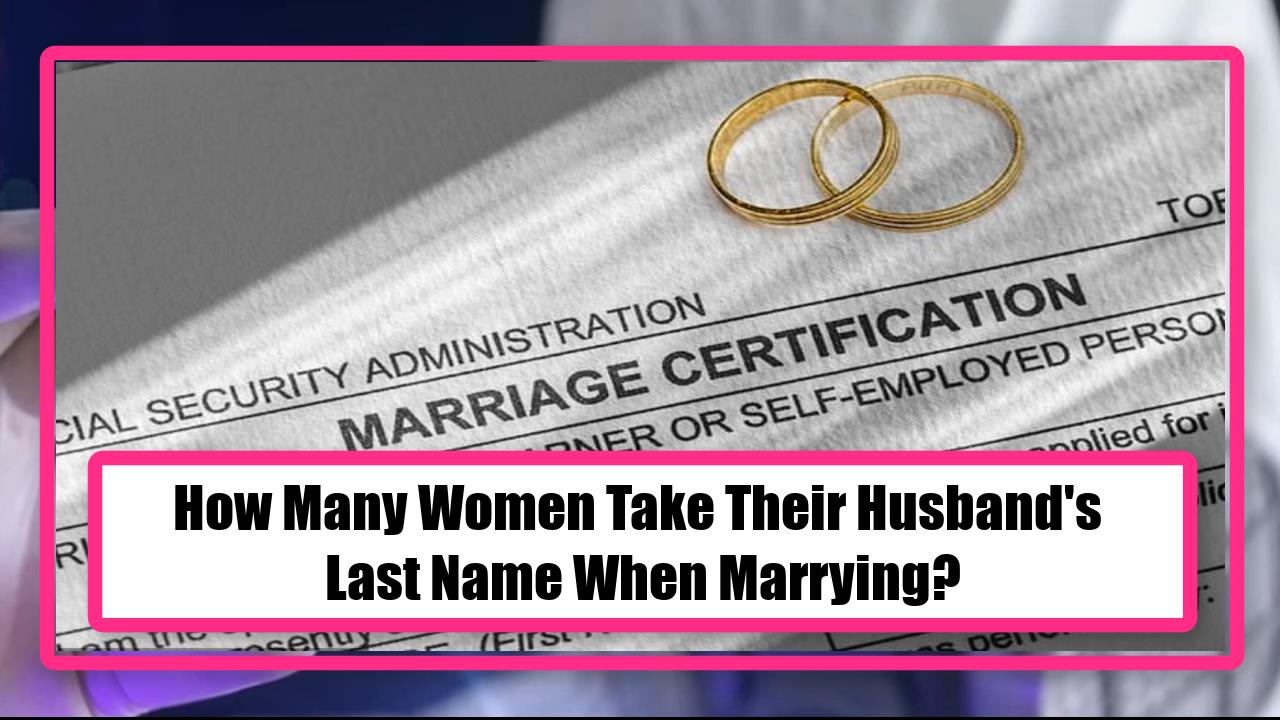Video:
Take our online poll:
AI Analysis:
When women choose to hyphenate their last name with their spouse's last name and their own upon marriage, there are several potential difficulties or challenges they may encounter:
1) Long and Complex Last Names: A hyphenated last name can be quite long and complex, which may lead to difficulties in filling out forms, paperwork, and documents. It may not fit comfortably in all spaces provided, leading to potential errors or confusion.
2) Social and Cultural Expectations: In some cultures or societies, the practice of hyphenating last names is less common or even discouraged. This may lead to social expectations and potential criticism from family, friends, or peers.
3) Confusion and Mistaken Identity: Hyphenated last names can be confusing, and people may not always remember or use both parts of the name. This can result in situations where one part of the hyphenated name is omitted or used incorrectly, causing confusion or mistaken identity.
4) Travel and Identification: When traveling or presenting identification, having a hyphenated last name might require additional explanation and documentation, especially if the full name doesn't match documents such as passports, driver's licenses, or social security cards.
5) Electronic Systems and Databases: Some electronic systems and databases might not be well-equipped to handle hyphenated names, potentially causing issues with online forms, records, and computer systems.
6) Legal and Official Documents: Legal and official documents may not consistently accommodate hyphenated names, potentially leading to discrepancies between different forms of identification.
7) Children's Names: Deciding on the last name for children can be more complex if both parents have hyphenated last names. Couples may need to consider whether their children will have one or both parts of the hyphenated name or even a completely different last name.
8) Changing or Reverting: In the event of a divorce or a change in marital status, women with hyphenated names may face additional legal and administrative complexities when deciding whether to change or revert to their pre-marital name.
9) Inheritance and Legal Rights: There may be legal and inheritance considerations when it comes to hyphenated names, especially if specific estate planning or legal documents are involved.
10) Acceptance and Understanding: Some people may not fully understand or accept the concept of hyphenated last names. This can lead to challenges in various social and professional situations where individuals may expect a traditional naming convention.
It's important to note that the challenges and difficulties associated with hyphenating last names can vary by region, culture, and individual circumstances. Some couples find that the benefits of expressing their identity, maintaining their own name, or symbolizing equality in the marriage outweigh these challenges, while others may choose different approaches, such as combining names, keeping their original names, or other alternatives. The decision to hyphenate a last name should be a personal one based on individual preferences and values.
Chart:

References:


Comments